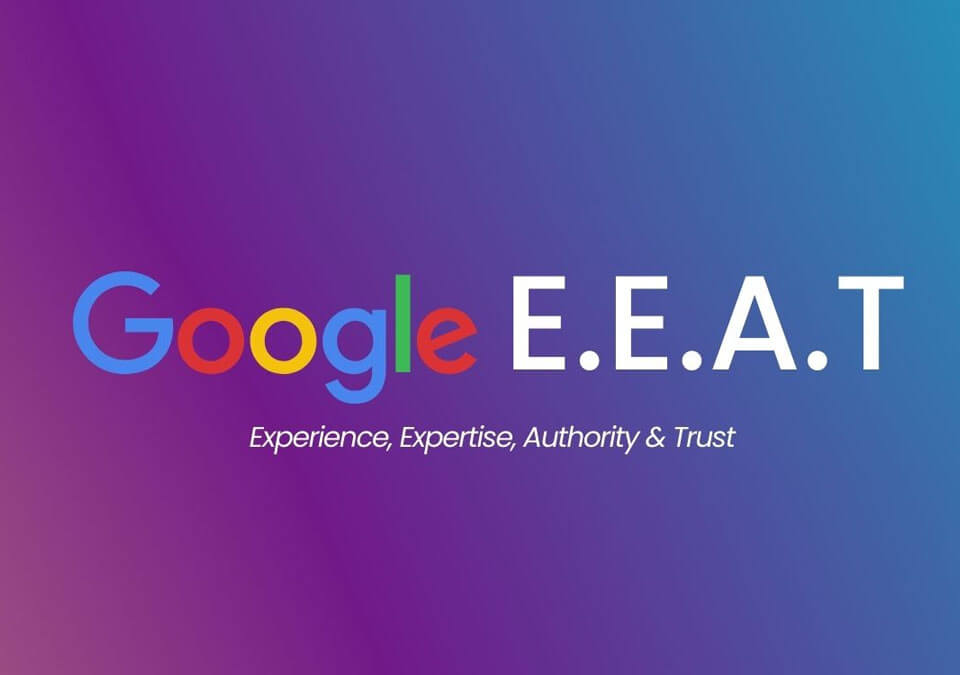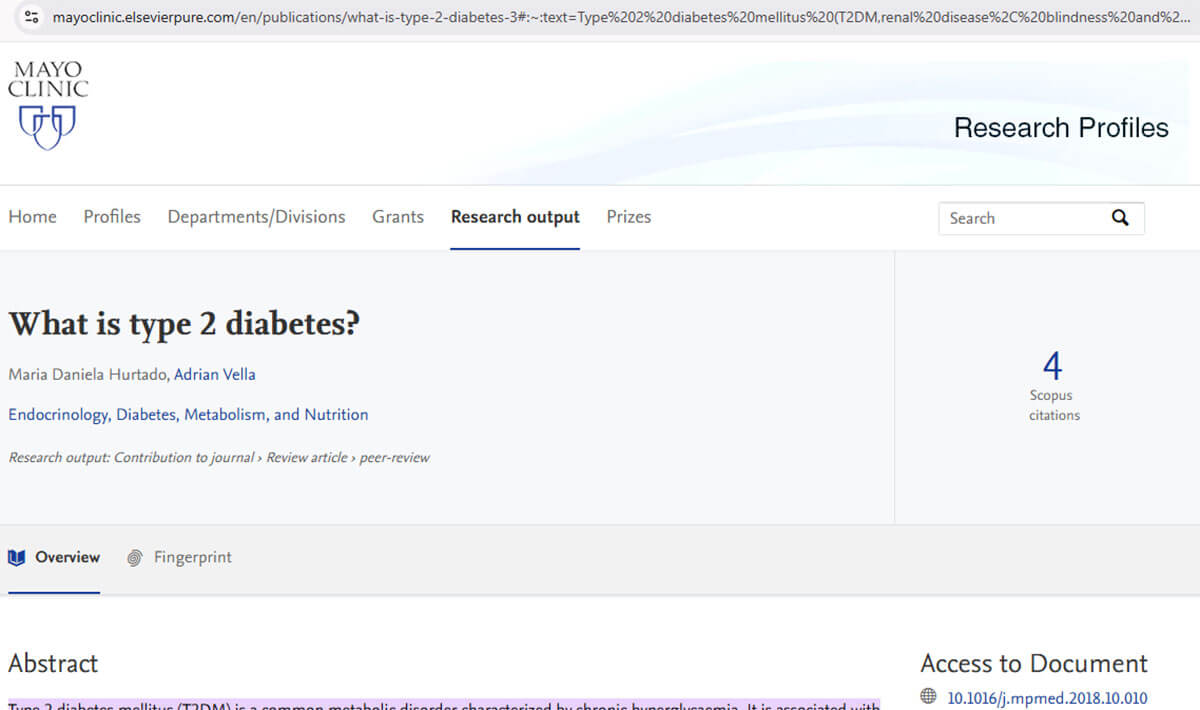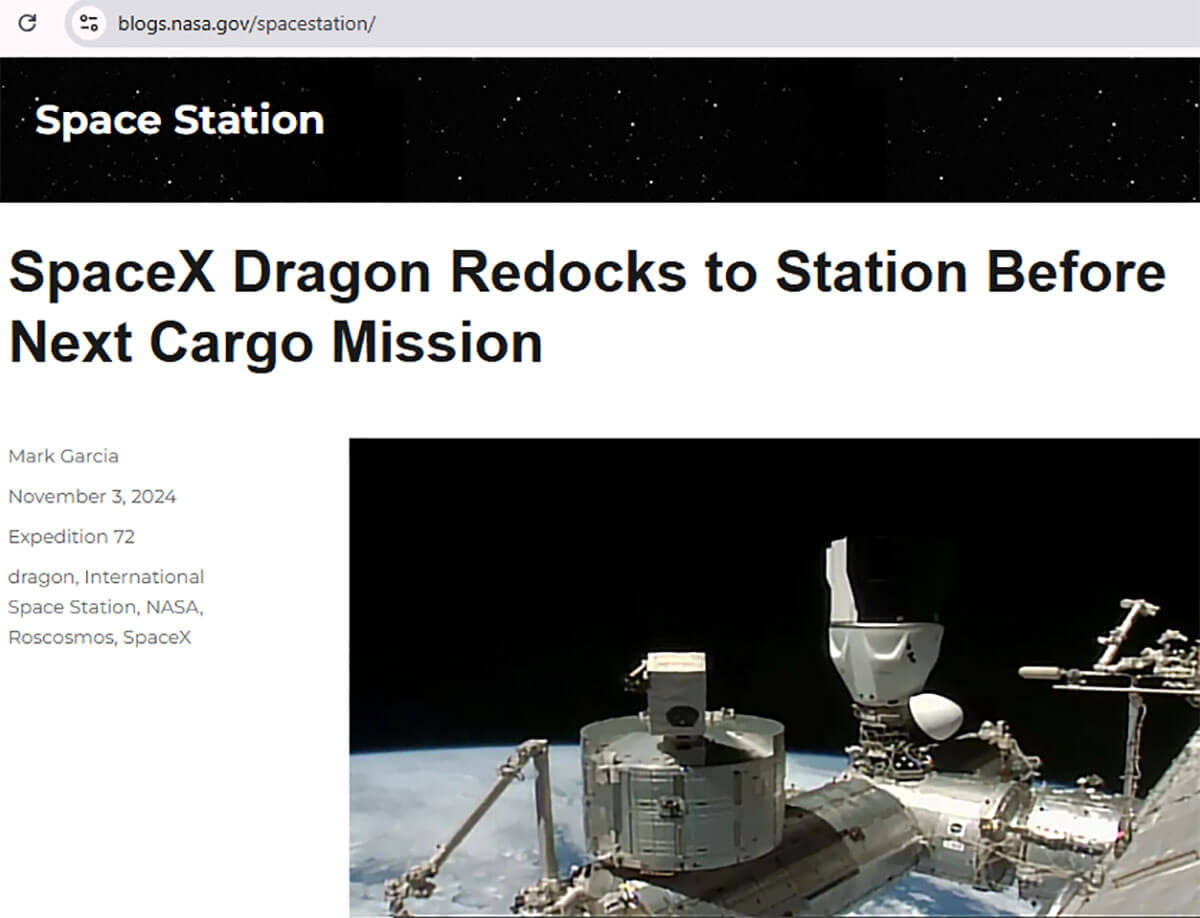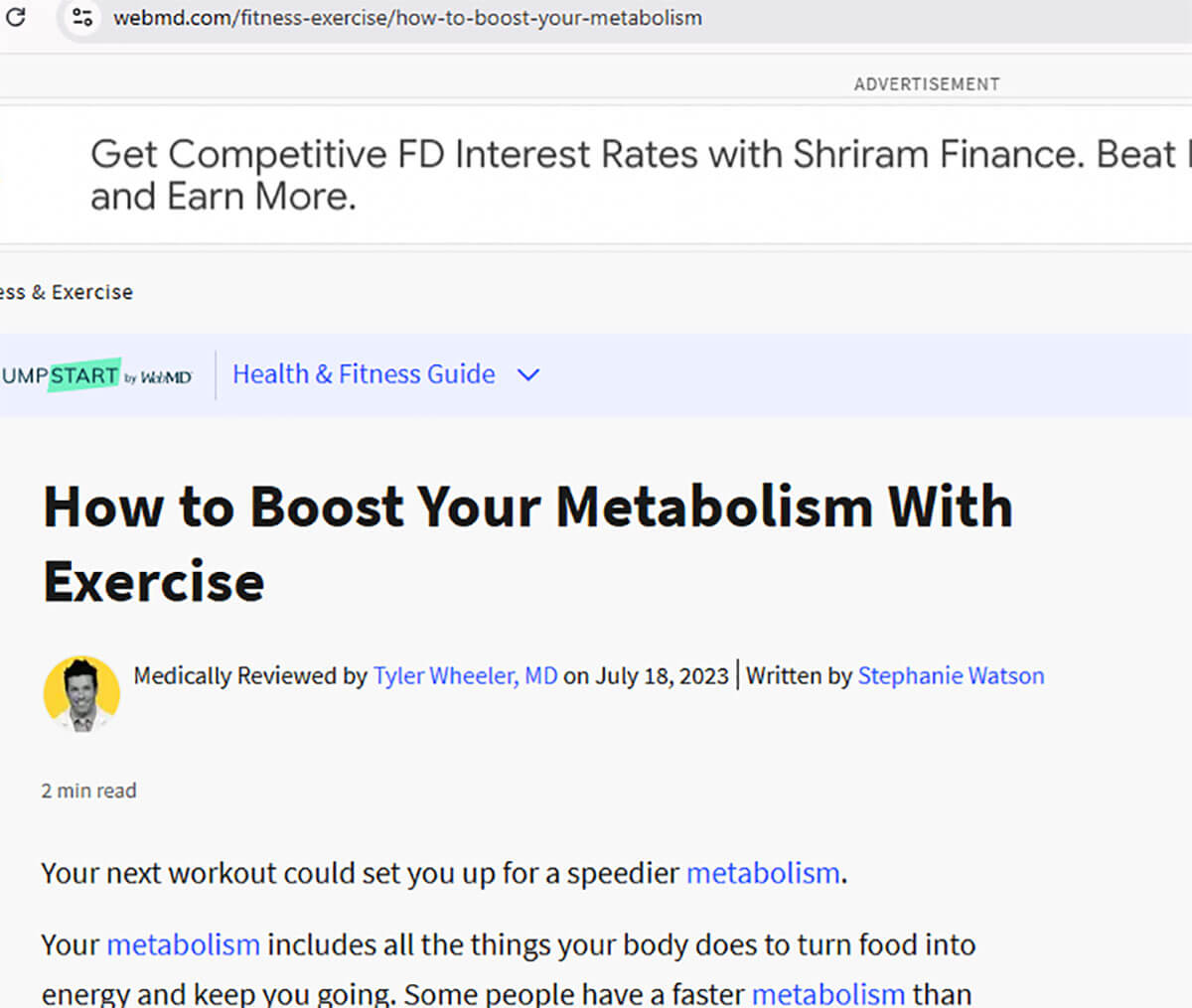You have a mild headache, so you decide to search for the possible reasons on Google. You click on a page, and suddenly, the screen flashes a terrifying diagnosis—brain tumor! No detailed explanation, no credible sources, just a dramatic conclusion. Your immediate instinct? Close the tab and roll your eyes.
The internet is full of sites like this—pages that look good on the surface but lack substance. Luckily, Google has a plan to filter out these pages using a concept called E-E-A-T. So, what exactly is E-E-A-T, and why does it matter? Let’s break it down and explore how mastering E-E-A-T can help you create trustworthy, top-ranking content!
What is E-E-A-T?
E-E-A-T stands for Experience, Expertise, Authoritativeness, and Trustworthiness—a set of standards Google uses to measure content quality. It’s outlined in Google’s Search Quality Rater Guidelines, which serve as a handbook for people, called Quality Raters, to review and give feedback on search results.
Here’s a simple breakdown of each:
- Experience: Does the author have hands-on experience with what they’re writing about? For instance, if someone’s giving hiking advice, have they actually hiked that trail?
- Expertise: Does the author have the right knowledge or skills for the topic? Are they well-versed in the subject?
- Authoritativeness: Is the author recognized as a trusted voice in this field? Are other credible sites referencing their work?
- Trustworthiness: Is the content reliable and accurate? Can readers count on it without second-guessing its honesty?
The above image clearly explains how expertise, authoritativeness, and trustworthiness work. Since the information comes from NASA, we know that it is reliable. The authors of these blogs are well aware of the topic. This emphasis on credible sources is what Google aims for. Google wants to show you the most trustworthy and high-quality content possible. If Quality Raters find content with weak E-E-A-T, Google adjusts its algorithms to improve search results. It’s all about keeping users safe and giving them the most reliable information out there.
Why E-E-A-T Matters
Google puts a big focus on E-E-A-T because it wants to show you the most reliable and valuable content for your search. For users, it means higher-quality search results. For brands and content creators, it’s a chance to build real authority and trust in their field by sharing genuine expertise.
E-E-A-T is especially important when it comes to YMYL (Your Money, Your Life) topics like health advice, financial guidance, or anything that can impact someone’s well-being. In these areas, people from those with direct experience feel more reliable, and Google knows it.
The below image portrays an example of a website on medicine and health where specialized doctors review the written content.
However, the value of E-E-A-T is endless. Whether you’re looking at a product review, a travel guide, or a technical tutorial, people trust content from someone who has been there and done that. Or, if they’re listing the best restaurants in Sydney, they should have tried those spots firsthand.
In October 2023, during Google’s antitrust trial, Pandu Nayak revealed that Google uses several deep-learning models that are trained using Information Satisfaction (IS) scores. These scores are based on Quality Rater feedback. So, content with strong E-E-A-T is likely to earn higher IS scores, making it more rewarding in the eyes of Google’s ranking system. This is why aligning your content with E-E-A-T principles can play a big role in boosting your visibility.
Why does Google Evaluate E-E-A-T?
Google’s Quality Raters use different levels to judge E-E-A-T, ranking pages based on their overall quality:
- Lowest Level: These pages fall into three categories—harmful, untrustworthy, or spammy. They provide little to no value and often contain misinformation or misleading content.
- Lacking Level: Pages in this category are considered low-quality because they miss key elements like expertise, experience, or authority. However, they’re not necessarily harmful. Think of a blog about flying a plane, but the writer has no actual experience doing it.
- High Level: These pages are solid and show a good amount of expertise, credibility, and trust. Google looks at the effort put into creating the content, the author’s talent or skill, and the originality of the information. Plus, a positive reputation matters here.
- Very High Level: The highest-ranking pages show clear evidence of effort, skill, and originality. These are often written by people with extensive hands-on knowledge or proven experience in the topic they’re covering.
By using these levels, Google aims to ensure that the best, most reliable content surfaces in search results.
An Example of Top-Quality Content:
For a page to rank at the highest level, it needs a positive reputation, very high E-E-A-T, and cover a critical YMYL topic. For instance, health content from a trusted source like Mayo Clinic, featuring expert-reviewed information, fits this perfectly.
E-E-A-T in AI Environment
Google’s stance is clear: they aim to reward high-quality content, no matter how it’s made. In fact, Google sees AI as a “new and exciting” tool for creating valuable content. While it doesn’t require publishers to label AI-generated text, Google suggests it might be helpful to do so. They’re confident that their algorithms can identify and demote low-quality, misleading AI content. However, some SEOs are skeptical about Google’s ability to consistently filter out spam and maintain trustworthy search results.
At a recent conference, Google made it clear that its algorithms and signals are designed around human-created content. This means natural, human-written content will always be prioritized and ranked higher in search results.
Ways to improve E-E-A-T:
Here are 6 tips to enhance E-E-A-T to boost your content quality and SEO
- Fill Knowledge Gaps: Understand your audience’s needs and cover core topics. Then, look for gaps your competitors miss. Use in-house experts or customer feedback to create fresh, unique content.
- Add and Refresh Content: Regularly update your site to keep it current. Audit existing content to refresh what’s outdated and improve what’s working well.
- Work with Experts: Partner with knowledgeable people to create valuable content. Consider formats like guest blogs, podcasts, webinars, or quotes. Collaborate with influencers who fit your brand and audience.
- Use Links Strategically: Connect related content using a hub-and-spoke model. Develop authority by linking key topics (hubs) to more specific, in-depth content (spokes).
- Manage Brand Reputation: Monitor reviews and social mentions. Respond to both positive and negative feedback to build trust and improve your reputation.
- Focus on Customer Experience (CX): Align your website with user expectations. Optimize site experience to increase engagement and build stronger connections.
Final Words:
Mastering E-E-A-T is key to building credibility and ranking higher in search results. By focusing on expertise, experience, authority, and trust, you can create valuable content that resonates with your audience and earns Google’s trust. Regularly updating your site, working with experts, and paying attention to customer experience will not only improve your SEO but also help establish your brand as a reliable source. With these principles in mind, you’ll be well ahead with your content that delivers real value.
Looking to create content that builds trust and connects with your audience? At Penthusiasts, we’re here to help you bring expertise, authority, and authenticity to every piece. Let’s work together to elevate your content strategy and make a lasting impact.
Social Copy:
Why does some content feel like it’s actually helping you, while others leave you more confused than ever? That’s the magic of E-E-A-T (Experience, Expertise, Authoritativeness, and Trustworthiness)!
Picture this: you search for headache causes and land on a page that screams “brain tumor” with zero credible info. No thanks! Google’s E-E-A-T standards make sure you get trustworthy, valuable content every time.
Want to make your content shine? Check out our latest blog to learn how mastering E-E-A-T can boost your brand’s credibility, rank, and impact! Trustworthy content isn’t just a win for readers—it’s a game-changer for your strategy. Dive in now!






